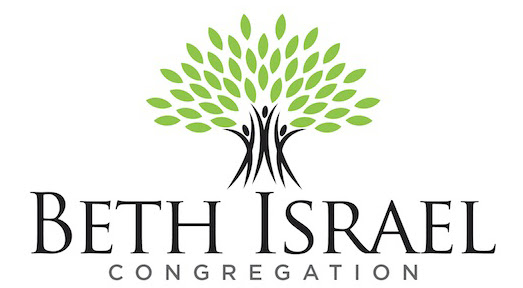Tish’a B’Av
תשעה באב (Tisha B’Av) or ט״ב is a solemn and significant day in Judaism, observed annually as a fast day. It commemorates several tragic events in Jewish history, particularly the destruction of both the First Temple by the Babylonians and the Second Temple by the Romans in Jerusalem.
Tisha B’Av is considered the saddest day in the Jewish calendar, a day associated with mourning and reflection on the many hardships and losses endured by the Jewish people. It typically falls in July or August in the Western calendar.
The observance of Tisha B’Av involves five prohibitions, the most prominent of which is a 25-hour fast from sundown to sundown. This fast serves as a symbol of collective repentance and reflection on the mistakes and transgressions that led to the destruction of the Temples.
During synagogue services, the Book of Lamentations, a poignant biblical text that mourns the destruction of Jerusalem, is read. This is followed by the recitation of kinnot, which are liturgical dirges that express sorrow and lamentation for the loss of the Temples and Jerusalem. The kinnot also encompass other major calamities that have befallen the Jewish people throughout history, including the martyrdom of the Ten Martyrs by the Romans, massacres during the Crusades, and the Holocaust.
Tisha B’Av serves as a time for deep reflection, remembrance, and solidarity. It is an opportunity to connect with the collective Jewish memory and to contemplate the ongoing struggles and resilience of the Jewish people. By commemorating these tragic events, we honor the past and strive for a better future.
May the observance of Tisha B’Av inspire compassion, empathy, and a renewed commitment to building a world of peace and understanding.

